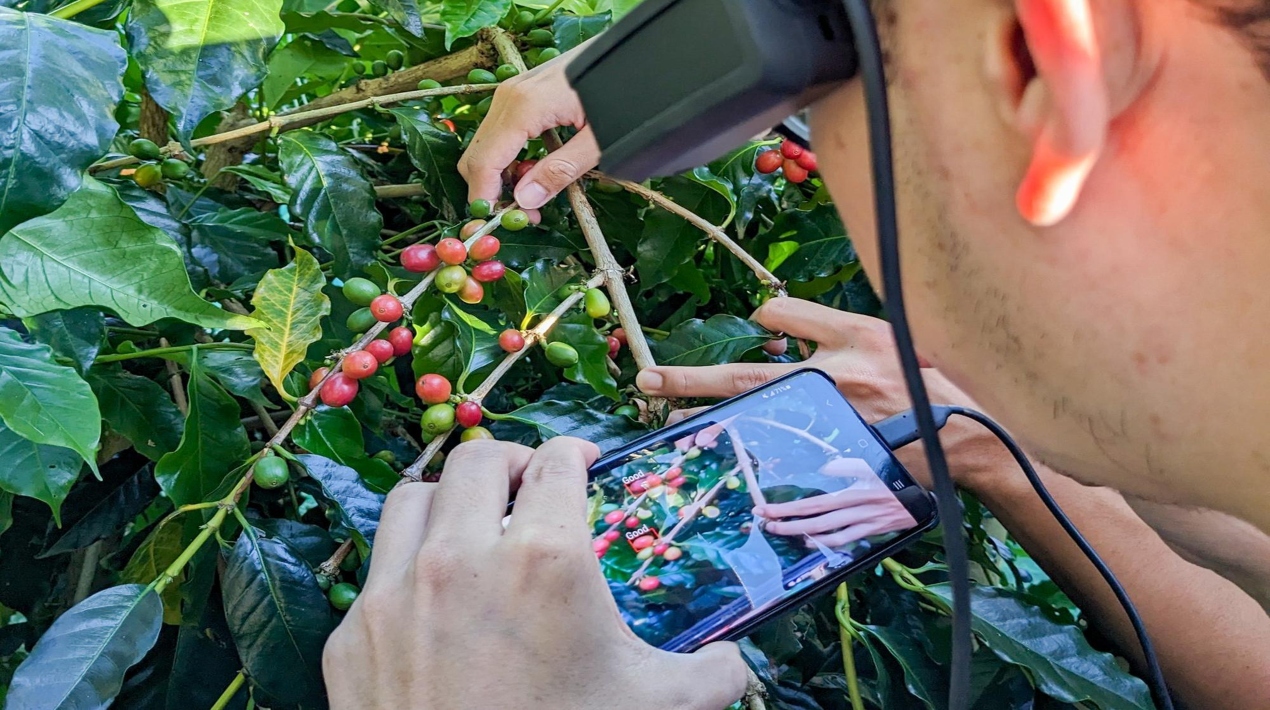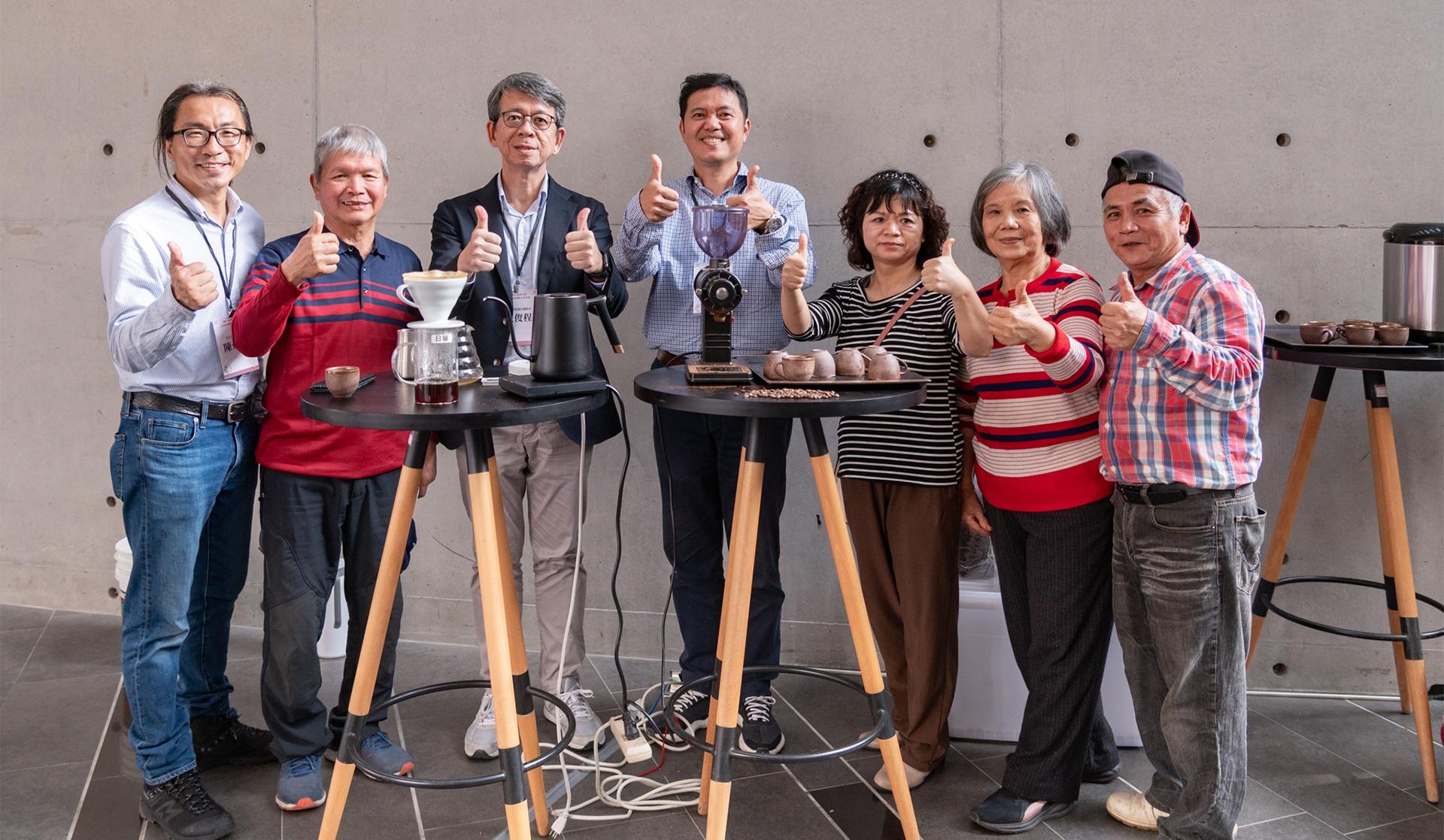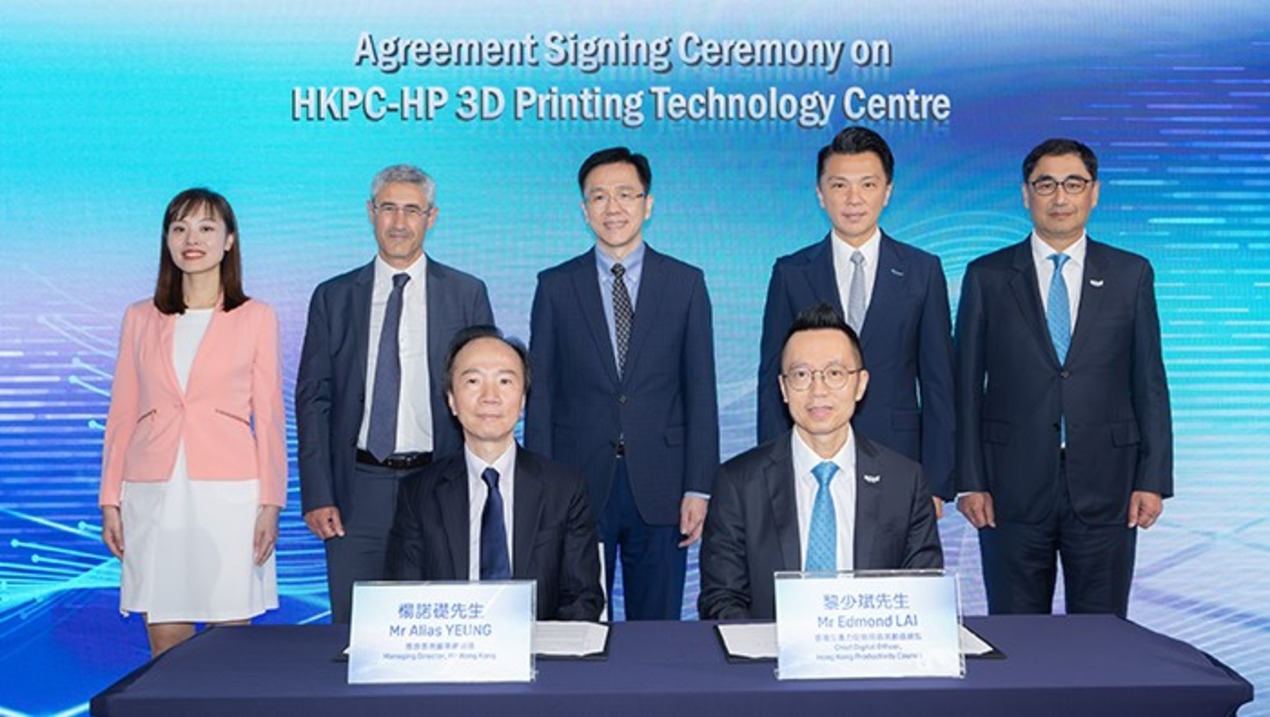
|
Getting your Trinity Audio player ready...
|
National Tsing Hua University (NTHU) in Taiwan is pioneering a transformative journey for M’utu’s coffee sector in Guanxi Township, Hsinchu County, through the integration of artificial intelligence (AI) models and smart glasses. The collaboration between NTHU’s Regional Innovation Centre and M’utu farmers has not only elevated the quality of coffee production but also set the stage for sustainable community development.

NTHU’s commitment to sustainability, evident through its consecutive wins of the Taiwan University Sustainability Award, Taiwan Sustainable Action Award, and the CommonWealth Magazine Social Responsibility Award, is underscored by Senior Vice President and Chief Sustainability Officer Nyan-Hwa Tai. The university aims to create a “Livable Place with Local Sustainability” by encouraging collaborations with local partners.
In the pursuit of enhancing the flavour of M’utu’s coffee beans, NTHU’s Regional Innovation Centre, under the guidance of Professor Kea-Tiong Tang, introduced an electronic nose that revolutionised the monitoring of coffee fermentation. This innovation significantly contributed to the improved quality of M’utu coffee, evident in its impressive score of 83.9 in the recent cupping event.
Taking a step further, M’utu coffee farmers, in collaboration with Professor Nen-Fu Huang, embraced cutting-edge technology. They employed an AI model and smart glasses to identify optimal harvest stages, ensuring a precise and efficient harvesting process. This technological integration not only enhances the quality of coffee but also streamlines cultivation practices for increased productivity.
The NTHU REAL+ team played a pivotal role in assisting M’utu with the development of unique coffee products. Beyond traditional drip coffee bags, they innovatively processed coffee leaves into tea bags. In a sustainable approach, Professor Ming-Twen Shiau collaborated with the team to create reusable glass filter cups, presenting an eco-friendly alternative to disposable filter paper. These products were thoughtfully packaged into gift boxes, further adding value to M’utu’s coffee offerings.
Chairman Ming-Kuang Sung of the M’utu Coffee Production Cooperative, accompanied by four local farmers, expressed the community’s excitement and optimism regarding NTHU’s involvement. The collaboration has not only elevated the local industry but has also provided a platform for educational initiatives in food and agriculture. Smart glasses developed by NTHU professors have proven instrumental in disseminating knowledge and fostering community engagement.
The integration of AI models and smart glasses in M’utu’s coffee industry represents a paradigm shift in agricultural practices, integrating technology with traditional cultivation methods. Beyond the tangible benefits of improved quality and productivity, this collaboration catalyses local development, encouraging youth to engage in sustainable agriculture and fostering a sense of optimism within the community.
In addition, the integration of AI in the coffee industry brings transformative benefits, optimising various facets from cultivation to supply chain management. AI enables precision farming, allowing farmers to monitor and enhance environmental conditions for optimal crop growth. It also plays a pivotal role in harvesting optimisation, identifying the ideal stages for coffee cherry picking, and contributing to improved flavour profiles and quality.
Likewise, AI aids in streamlining supply chain processes, predicting demand, and ensuring efficient inventory management, fostering sustainability and reducing wastage. The data-driven insights provided by AI empower coffee producers to make informed decisions, promoting innovation, and maintaining competitiveness in the market.
AI’s influence extends to product development, where it analyses consumer preferences and market trends to create unique coffee blends. The cost-saving aspect is notable, as automation reduces labour costs and operational inefficiencies.
Embracing AI in the coffee industry not only enhances productivity and quality but also aligns with sustainable practices, positioning producers at the forefront of technological advancements and meeting the evolving demands of consumers in a rapidly changing market.
















